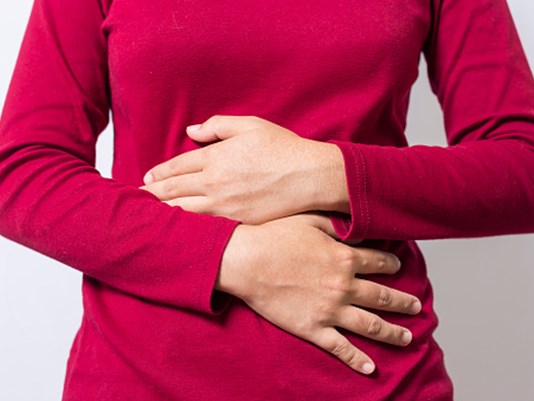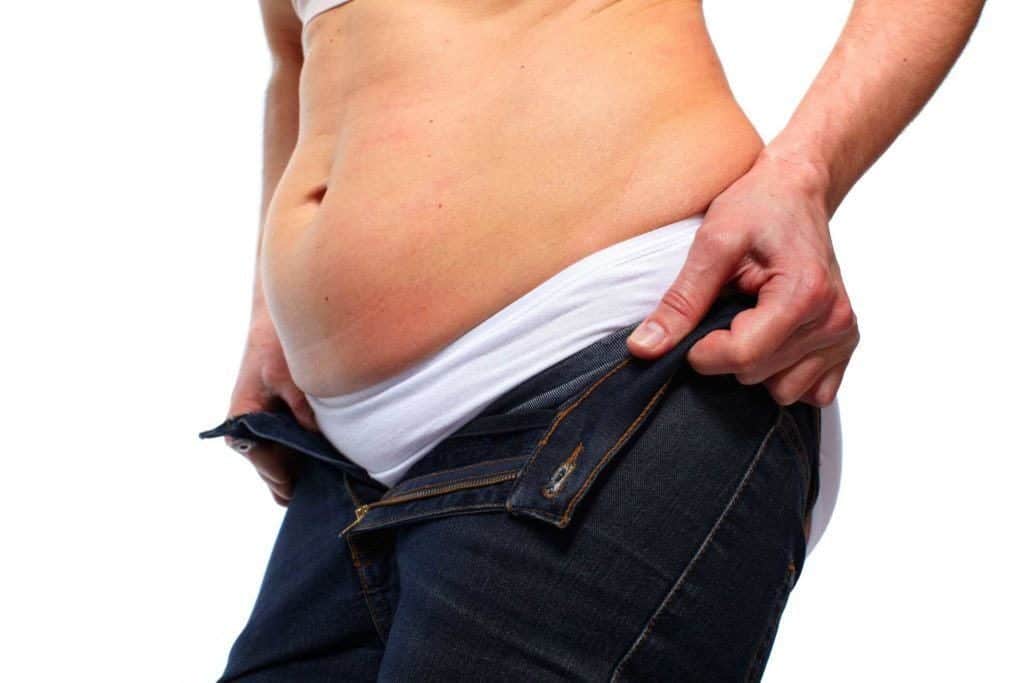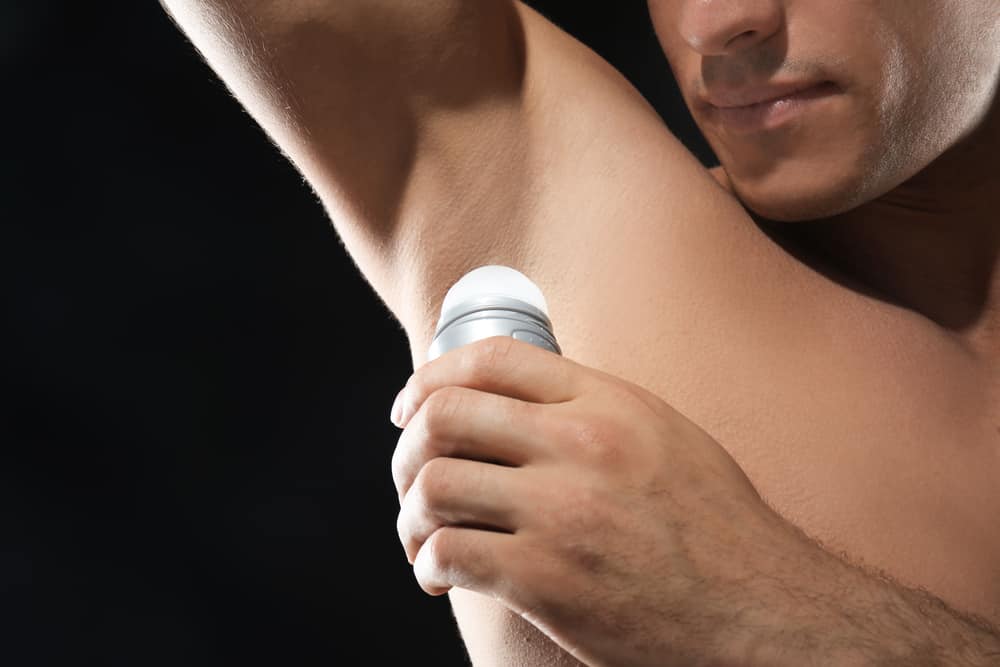Contents:
- Medical Video: 10 Things Every Pregnant Woman Should Know | Do & Don't
- What should be avoided by pregnant women to prevent the risk of birth defects
- 1. Diet
- 2. It's a waste of taking drugs without consulting a doctor
- 3. Smoking or consuming alcohol
- 4. Do activities that are too heavy
- 5. Heat panasan
- 6. Stress
- 7. Snack carelessly
- 8. Eat seafood
- 9. Exposure to toxic substances
- 10. Contact with animals
Medical Video: 10 Things Every Pregnant Woman Should Know | Do & Don't
Every parent wants their child to be born into the world with perfect physique. However, there are many unexpected factors that can cause babies to be born disabled. Therefore it is fitting for pregnant women to maintain their physical health and diet to ensure the health of the baby in the womb. Maintaining a healthy pregnancy also includes avoiding some habits that you might do every day, which can unwittingly increase the risk of birth defects. What are they?
What should be avoided by pregnant women to prevent the risk of birth defects
1. Diet
An uterus in the womb requires continuous nutritional intake. Preventing reduced portions of food or limiting certain types of food to diet will reduce fetal nutrition, thus inhibiting the growth process.
However, overeating is also not good. For example, excess vitamin A types of retinoat can cause birth defects, which include central nervous system disorders, skull defects and facial shapes (eg anencephaly), and heart defects.
Therefore, discuss with your obstetrician about a healthy and balanced diet during pregnancy. You can also consult a nutritionist to design a meal plan that is more detailed.
2. It's a waste of taking drugs without consulting a doctor
You should not take drugs while pregnant. Some drugs can be "drunk" by the fetus because they are absorbed into the placental tract.
Examples are pain medications such as aspirin and ibuprofen. These two painkillers should not be used by pregnant women, especially in the first and last trimesters. Aspirin and ibuprofen can increase the risk of bleeding during labor and miscarriage. In addition, both can also causeartistic ductus,a condition of a heart defect in which one of the fetal heart veins does not close completely.
The use of decongestants to treat nasal congestion due to colds in the first trimester of pregnancy as wellmust be avoided because it can cause interference with the formation of the fetal abdominal wall (gastroschisis). Always consult your obstetrician about medicines that you have taken and are currently taking during pregnancy, including prescription drugs, non-prescription drugs, and herbal medicines and vitamin supplements.
3. Smoking or consuming alcohol
Consumption of cigarettes and alcohol during pregnancy can cause birth defects in babies. The risk of miscarriage can also increase.
Children born to smokers have a higher risk of having squint eyes or strabismus. Babies whose mothers smoke in the first trimester of pregnancy are more likely to have heart and lung defects at birth. Smoking during pregnancy can also have a permanent impact on children's brain functions, including low IQ.
Drinking alcohol while pregnant can also cause babies to be born with fetal alcohol syndrome, a condition of birth defects that can have a permanent impact. Babies can experience facial deformities (smaller head), heart abnormalities, and central nervous system damage. Damage to the central nervous system can include intellectual disability, delay in physical development, vision, and hearing problems, and various behavioral problems.
4. Do activities that are too heavy
Physical activity and exercise must still be done by pregnant women to maintain their fitness. Pregnant mothers who diligently exercise will actually give birth to intelligent children. But too heavy physical activity can put stress on the fetus, which can affect growth and development.
The safe rule: do moderate intensity exercise for 30 minutes per day or 2.5 hours per week. You can walk, swim, or get pregnant yoga. Avoid lifting heavy loads, fatigue in the body, and increasing body temperature that is too high.
5. Heat panasan
Sunbathing, hot baths, heavy exercise, and fever can increase body temperature. Summarized from various studies found a link between increasing body temperature during pregnancy and the risk of birth defects.
6. Stress
When stressed, the body produces cortisol and other stress hormones. Continuous stress can trigger a chronic inflammatory response that affects pregnancy health and fetal development problems in the womb. Some studies show that stress in pregnant women can increase the risk of premature birth, low birth weight, and disorders of fetal nerve and brain growth.
7. Snack carelessly
Foods that are not fully cooked may still contain some parasites that are harmful to health. The parasite can pass through the placental canal and undermine the body of a developing baby.
8. Eat seafood
Although high in protein, some marine fish contain high levels of mercury (mercury). Eating fish contaminated with mercury can affect the content of breast milk produced during pregnancy and lactation. Mercury from seafood that has entered the body can also damage the development of the brain and nervous system of babies who are still in the womb.
The American Food and Drug Administration (FDA) recommends pregnant women eat at least 8-12 ounces (340 grams) or about 2-3 servings per week of various types of seafood that are low in mercury. Avoid sharks, swordfish, king mackerel fish, tilefish, marlin fish, and raw fish, such as sushi and sashimi. If tilapia, cod, salmon, crabs, shrimp, sardines, tuna, and shellfish can still be consumed during pregnancy, as long as possible.
9. Exposure to toxic substances
Insecticides, paints, organic solvents, and other chemicals can increase the risk of birth defects. Avoid these harmful substances as much as possible during pregnancy. The use of personal protective equipment can avoid these risks.
10. Contact with animals
Some animals are hosts of viruses, bacteria, and parasites that are dangerous, both for the mother and the fetus. For example, cats that are hosts of toxoplasma parasites cause toxoplasmosis, which increases the risk of birth defects.












